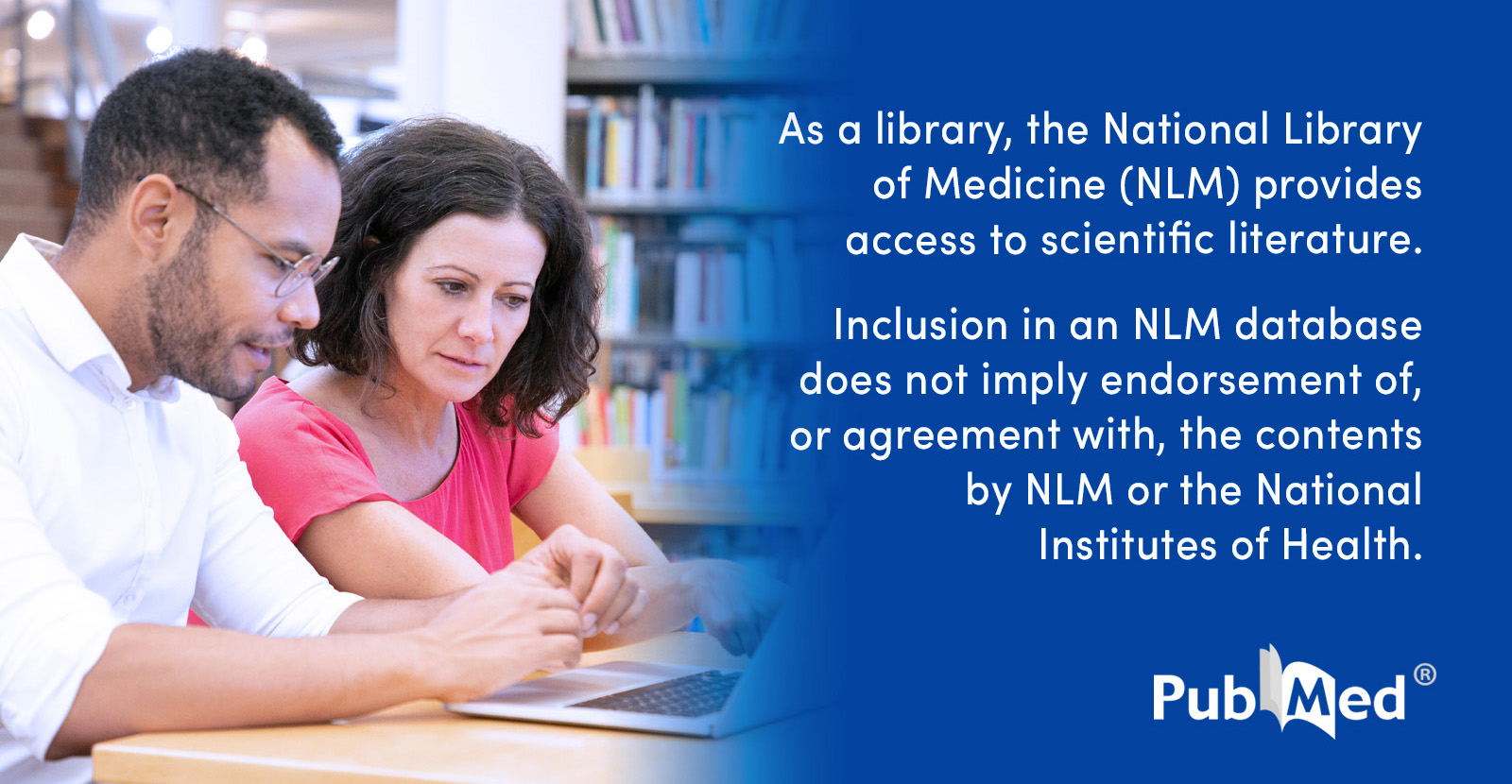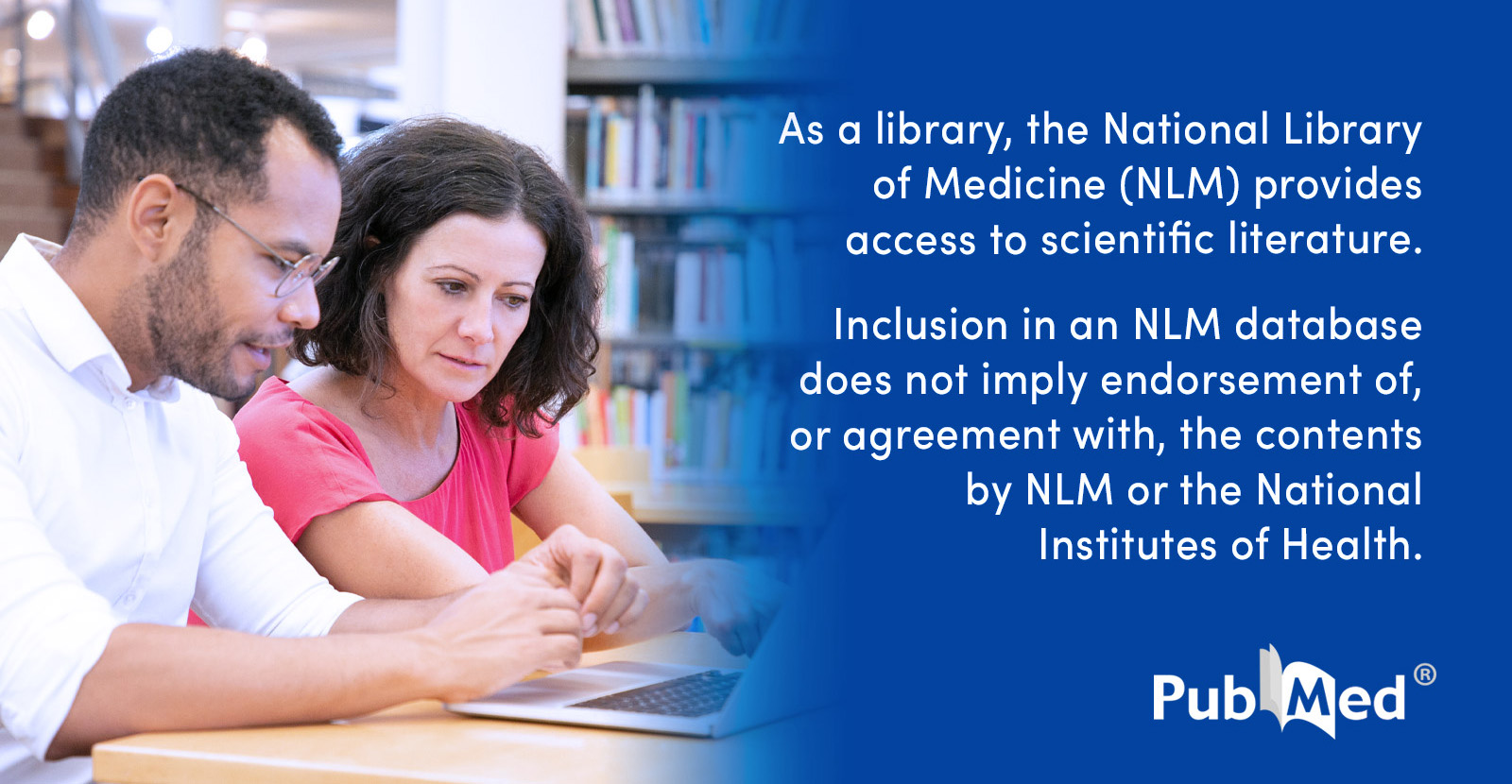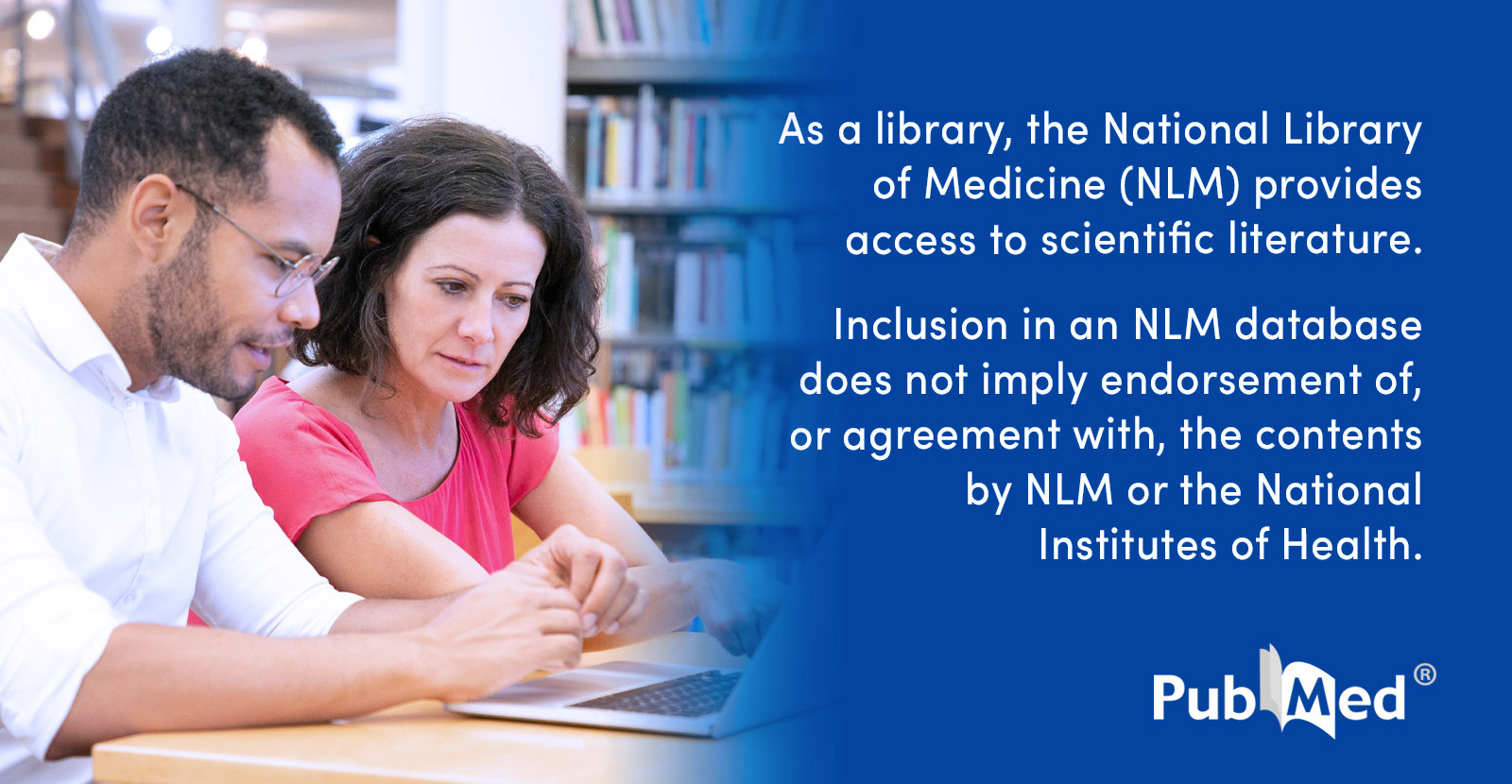
In the realm of scientific publishing, transparency is a cornerstone of credibility. One key mechanism that ensures this transparency is the practice of disclosing conflicts of interest (COIs). These disclosures are formal statements provided by authors, editors, or reviewers detailing any financial, personal, or professional associations that could influence—or appear to influence—their work.
A conflict of interest does not necessarily indicate wrongdoing or bias, but failing to disclose one can undermine the integrity of the research and erode public trust. Common types of conflicts include financial support from industry sponsors, affiliations with pharmaceutical companies, or any relationship that might affect the interpretation of data or presentation of results.
Leading medical and scientific journals, such as those indexed in the National Center for Biotechnology Information (NCBI) or PubMed, typically require full COI disclosures from contributors. These statements are often published alongside the article to allow readers to assess for themselves any potential bias.
For researchers, clear COI reporting ensures ethical publication practices and aligns with international standards, such as those set by the International Committee of Medical Journal Editors (ICMJE). Institutions also play a critical role by providing guidance and requiring compliance with ethical guidelines.
As scrutiny on scientific research continues to grow—especially in areas with significant public health implications—maintaining transparent conflict of interest disclosures becomes ever more crucial. By disclosing potential conflicts, authors help uphold the integrity of the scientific process and reinforce the public’s confidence in published research.
Source: https:// – Courtesy of the original publisher.








